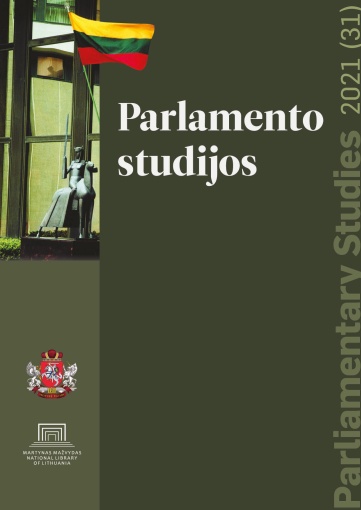The Sovereignty of the Visegrád Group Political Nations in 2008–2019: From Abusing Neo-Militant Democracy to Quasi-Militant Democracy
DOI:
https://doi.org/10.51740/ps.vi31.776Keywords:
neo-militant democracy, quasi-militant democracy contentious politics, Hungary, the Czech Republic, Slovakia, Poland, Visegrád GroupAbstract
The article, by drawing on the theory of militant democracy and qualitative source analysis, focuses on the relation between the national law and militant democracy in the Visegrád Group countries (Hungary, the Czech Republic, Slovakia, and Poland) and the impact that it had on the sovereignty of these political nations in 2008–2019. It is essential to understand what protective measures were used and which of them were targeted at protecting democratic social structures. The study shows the presence of neo- and quasi-militant democracy measures in the national legislation of each V4 country. The neo-militant measures were outdated, since they concerned protection from ideas and political groups that were not widely supported in Europe. The regulations enforced did not protect the political nations from the rule of anti-democratic forces. They were insensitive to new populist groups and hybrid interferences. Quasi-militant measures were used to shape the political nations in a discretionary way and undermine their sovereignty. On the one hand, anti-democratic actors were considered enemies of democracy. On the other hand, the regulations in force led to the exclusion of democratic forces from the political scene. In other words, anyone could become an enemy of democracy if their views and actions did not fit in with the ruling parties’ political agendas or were clearly against their interests.









 The metadata of the scholarly journals and publications of the Lithuanian National Martynas Mažvydas Library is distributed by
The metadata of the scholarly journals and publications of the Lithuanian National Martynas Mažvydas Library is distributed by 